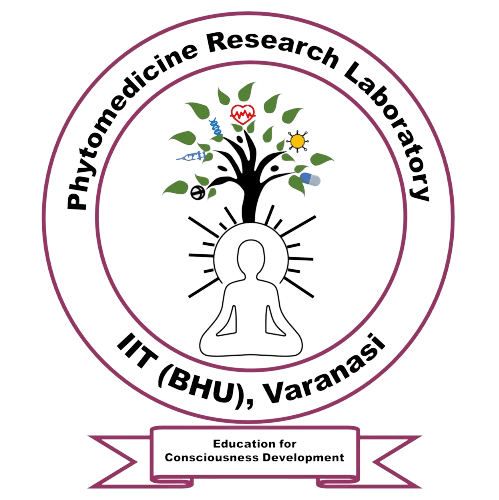
In recent years, the integration of artificial intelligence (AI) into various scientific disciplines has revolutionized research methodologies and outcomes. One of the most promising and intriguing fields experiencing this transformation is natural phytomedicine research. As the quest for discovering and harnessing the therapeutic potentials of plant-based medicines continues, AI is proving to be an invaluable tool, accelerating advancements and enhancing the efficacy of phytomedicinal discoveries.
The Intersection of AI and Phytomedicine
Phytomedicine, the study of medicines derived from plants, has a rich history rooted in traditional and indigenous practices. Despite centuries of use, the scientific community has only scratched the surface of understanding the complex biochemistry of plant compounds and their potential health benefits. This is where AI steps in, offering capabilities that surpass traditional research methods.
Accelerating Drug Discovery
The traditional drug discovery process is time-consuming and expensive, often taking years and millions of dollars to bring a new drug to market. AI algorithms can process vast amounts of data much faster than humans, identifying potential compounds and predicting their biological activity. Machine learning models, for example, can analyze chemical structures and predict their pharmacological properties, significantly narrowing down the list of candidates for further study.
One notable application is in the identification of active compounds in plants. AI can sift through extensive phytochemical databases, recognize patterns, and predict which compounds are likely to have therapeutic effects. This rapid screening process saves researchers time and resources, enabling them to focus on the most promising candidates.
Precision and Personalization
AI also excels in analyzing complex datasets to identify correlations and causations that might be missed by human researchers. In phytomedicine, this means AI can help in understanding how different plant compounds interact with human biology on a molecular level. Such insights are crucial for developing precise and effective treatments.
Moreover, AI can aid in personalizing phytomedicine. By analyzing individual patient data, including genetic information, AI can predict how different people might respond to a particular phytomedicine. This personalized approach ensures that treatments are not only effective but also minimize adverse effects, paving the way for personalized herbal medicine.
Enhancing Clinical Trials
Clinical trials are a critical phase in drug development, but they are often fraught with challenges, including high costs and lengthy durations. AI can streamline this process by optimizing trial design, improving patient recruitment, and monitoring trial progress in real-time. Predictive analytics can identify the most suitable candidates for trials, ensuring diverse and representative samples.
Additionally, AI-driven analytics can monitor patients’ responses during trials, providing real-time data that can be used to adjust protocols as needed. This adaptability increases the likelihood of successful outcomes and accelerates the time it takes to bring new phytomedicines to market.
Uncovering Traditional Knowledge
Traditional knowledge about plant-based medicines is vast but often underutilized in modern research due to challenges in documentation and analysis. AI can bridge this gap by digitizing and analyzing traditional medicine texts and ethnobotanical records. Natural language processing (NLP) algorithms can extract valuable information from these sources, translating ancient wisdom into actionable scientific knowledge.
For instance, AI can identify traditional uses of certain plants and correlate them with modern pharmacological studies, providing a scientific basis for traditional practices. This not only validates traditional knowledge but also opens up new avenues for research and development.
Challenges and Ethical Considerations
While the potential of AI in phytomedicine research is immense, it is not without challenges. Data quality and availability are critical for training accurate AI models. Incomplete or biased data can lead to erroneous conclusions. Ensuring high-quality, comprehensive datasets is essential for reliable AI outcomes.
Ethical considerations also play a crucial role. The use of AI in analyzing traditional knowledge raises questions about intellectual property rights and the fair distribution of benefits. Collaborative frameworks that respect and protect the contributions of indigenous communities are necessary to address these concerns.
The Future of Phytomedicine Research
The integration of AI into natural phytomedicine research represents a paradigm shift, offering unprecedented opportunities for discovery and innovation. As AI continues to evolve, its applications in this field will likely expand, driving breakthroughs that were once unimaginable.
By harnessing the power of AI, researchers can unlock the full potential of plant-based medicines, developing new treatments that are both effective and personalized. This synergy between ancient wisdom and cutting-edge technology heralds a new era in the quest for natural health solutions.
In conclusion, AI is not just a tool but a transformative force in phytomedicine research. Its ability to accelerate discovery, enhance precision, and integrate traditional knowledge makes it an indispensable ally in the journey towards unlocking the therapeutic secrets of the natural world. As we look to the future, the collaboration between AI and phytomedicine promises to yield a wealth of benefits for human health and well-being.


